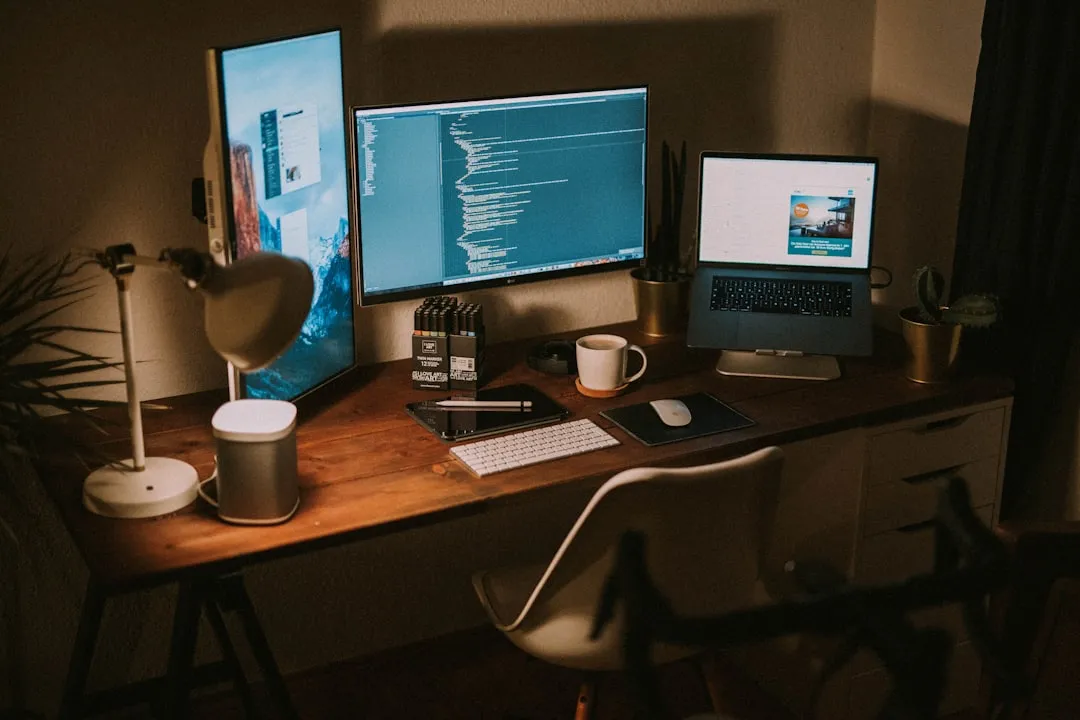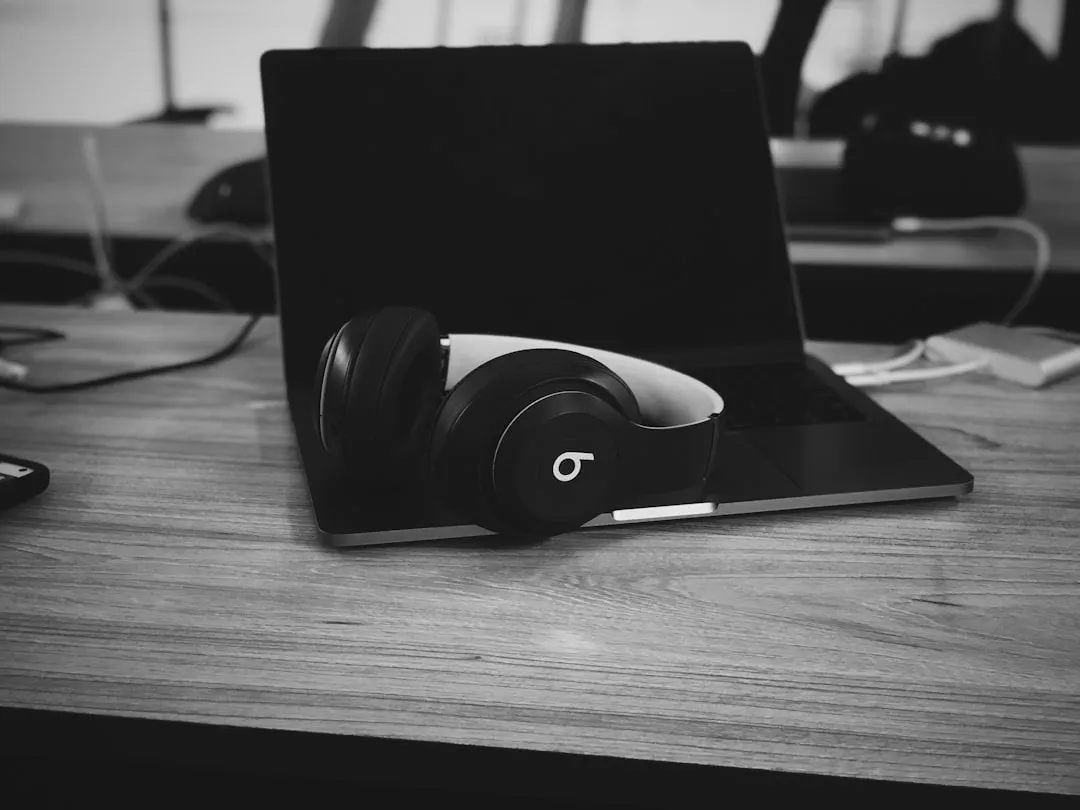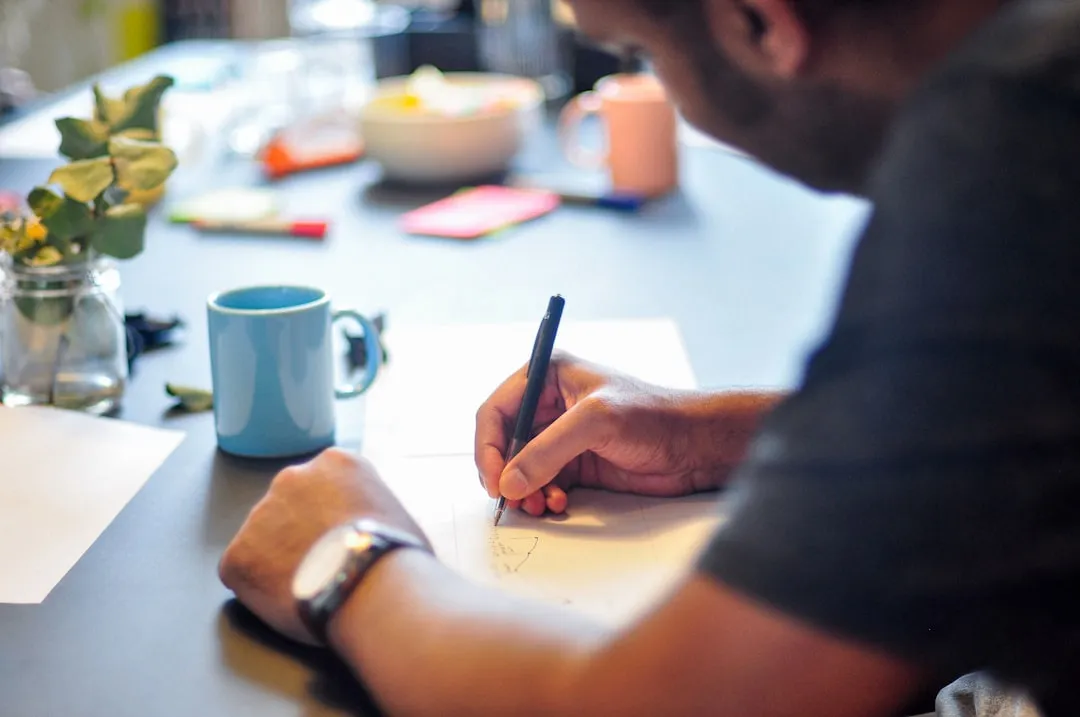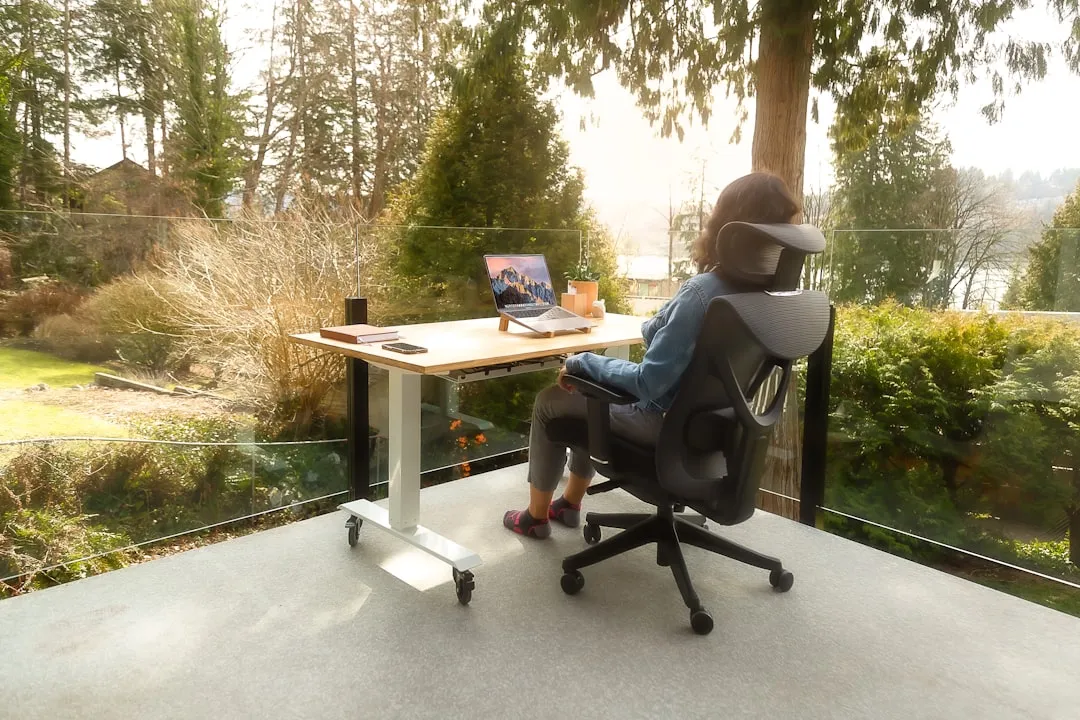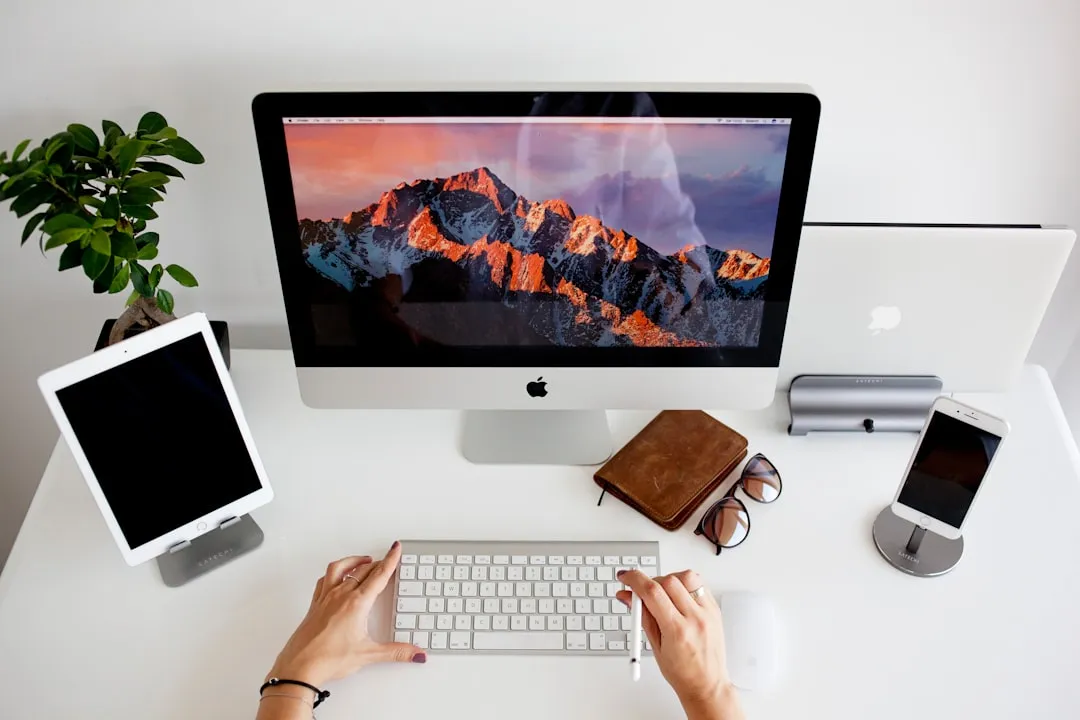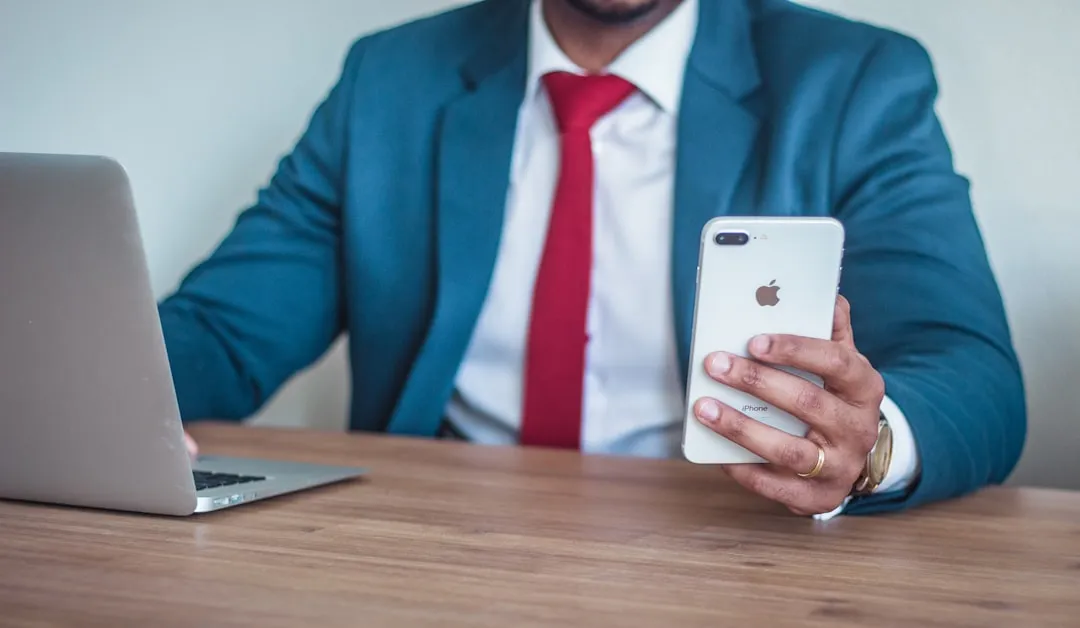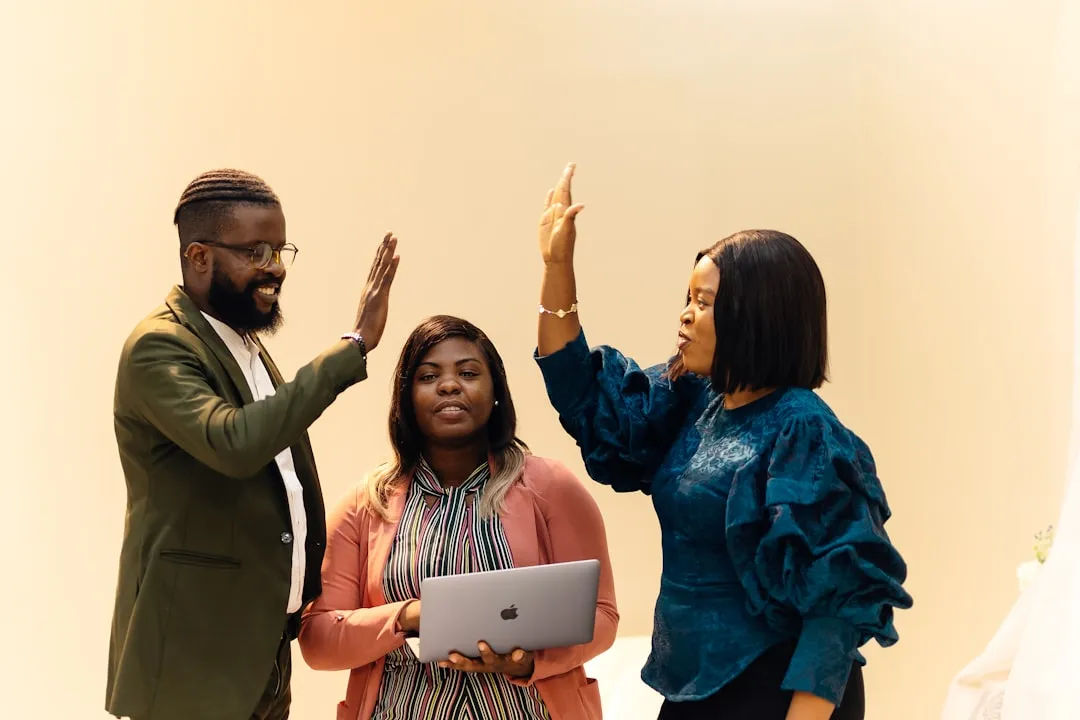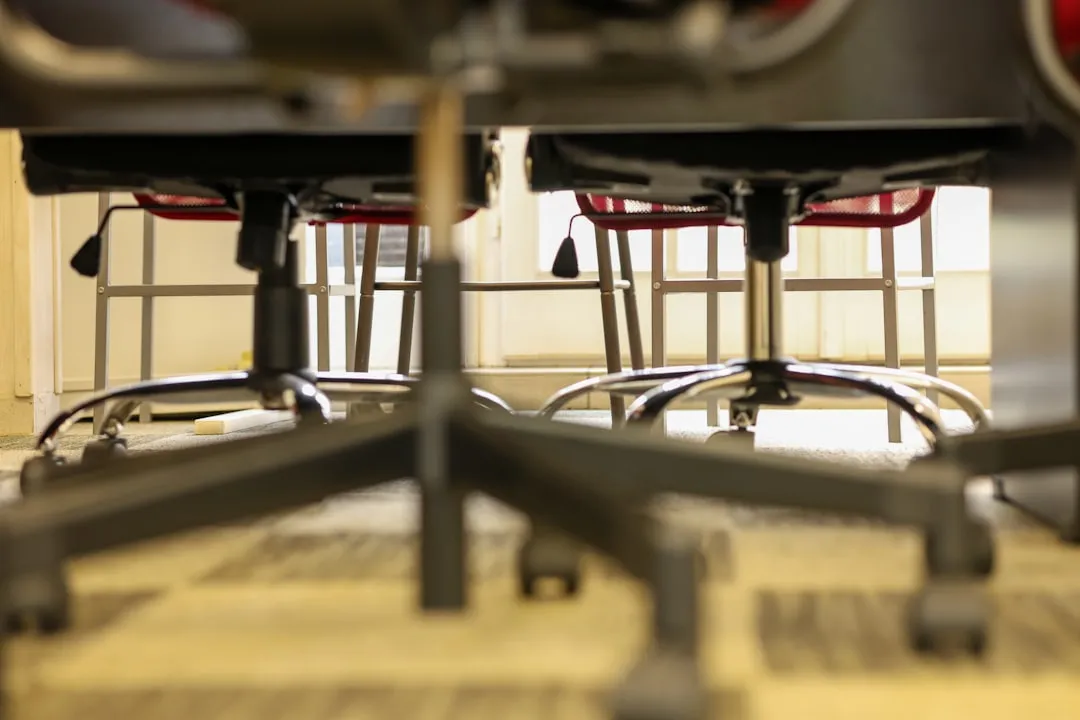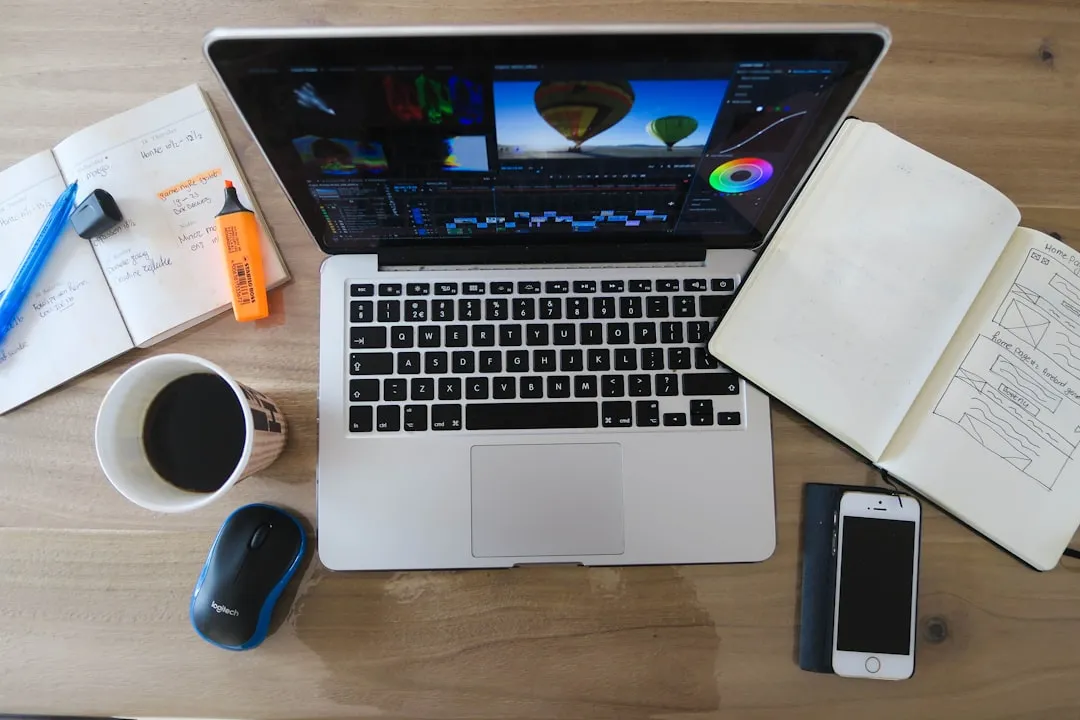Nobody really likes interviews.
Selling oneself doesn't come naturally to most, so these 60-minute high-pressure meetings, with someone we don't know, asking questions we don't necessarily know the answer too, are bound to feel completely unnatural (and pretty scary.)
But interviews aren't just stressful for candidates; there's also an awful lot of pressure on the interviewers to find the right person for the job.
Unfortunately, that means they'll be scrutinising every move you make.
Maintaining proper interview etiquette is an absolutely crucial first step to making a great impression, so combining the 10 courteous techniques below with thorough preparation and impressive answers, you'll be great!
1. Timing is Everything
Don't be late.
This may seem like it goes without saying, but you'd be surprised how many candidates still turn up late to interviews.
Give yourself a good hour before the interview to sit back, relax and regroup.
If you are, for unforeseen circumstances, running late, it's very important that you are courteous and apologetic to your interviewer.
Ring ahead to let them know you're running behind and try to collect yourself before entering the interview (looking hot, flustered and confused is not going to help your professional image).
Don't be (too) early.
Another pet hate of many interviewers is extreme earliness.
Remember, chances are that your interviewer will have other tasks to complete and even need some time to prepare themselves before the interview.
If you're sat waiting, it could leave them feeling under pressure, rushed and even slightly irritated (they may feel a sense of guilt for making you wait).
Arriving 15 minutes early is just about perfect.
Recruiter Pro Tip: Getting lost is one of the most common causes of interview lateness. Well-meaning candidates will set off early, give themselves plenty of time to arrive, but then take the wrong turn or their Sat Nav will get confused. It's a good idea to test your route to the location prior to the interview or at the very least, give yourself extra time for rerouting!
2. Dress to Impress
These days, most offices don't advocate a strict uniform policy and corporate wear has relaxed considerably, but unfortunately you're still going to have to dress up for your interview!
Many candidates feel unsure and nervous about what to wear for an interview, fearing ridicule if they dare to turn up in clothes that are too smart (or too casual) but the truth is, it's always better to go overdressed!
Whether your potential employers have a casual office uniform or not, you need to dress to impress and prove that you're willing to put in some effort to win them over!
3. Know Their Name
Have you ever been in that dreadful situation when you turn up at an interview and as you state your name and purpose, the receptionist asks you 'who's your interview with?'
You shrink in horror...James, Jack, was it Janine?
This is a rookie error and it really does make you look unprepared and indifferent (and you can bet that word will get back to the interviewer).
Prior to your interview you should (in most cases) receive an email or confirmation along with the interviewer's full name (if you don't, it may be worth asking for it). Take note of it, learn it and use it.
4. Practise Your Handshake
You should always shake hands with your interviewer(s)...but as somewhat of a delicate procedure, it may be worth practising your technique.
Seriously, you would be shocked and appalled by some of the limp-wristed, tight-fisted and even downright aggressive greetings that I've suffered during my time in recruitment.
You don't want to come across as weak and nervous and you definitely don't want to come across as confrontational and overpowering.
Smile, be firm and don't hold on for too long and remember, practice makes perfect!
5. Have a Drink
Most recruitment experts will advise you to take the drink, when offered.
It shows that you're calm and collected, settles your nerves and will also act as a nice little distraction, giving you a quick breather between interview questions.
However, in reality, it depends on the situation; you don't really want to be stood around awkwardly as your interviewer fumbles to get you a brew.
In general, I'd advise that you opt for a glass of water to quench nervous dry mouth, without becoming an unwanted hassle.
6. Turn Your Mobile Phone Off
Another pretty obvious fundamental of interview etiquette, but you'd be surprised how many candidates ignore it.
I've personally been involved in an interview when a candidate actually answered her phone seven times. I was neither amused or impressed, in fact, it showed a total lack of respect for my time.
Of course, accidents do happen and if your phone does ring, don't ignore it and hope for the best (even if it's on vibrate!)
Genuinely apologise and immediately turn it off.
7. Body Language
One of the most off-putting interview blunders is bad body language.
Your interviewer doesn't really have that much to go on when they make their final decision. Chances are that they'll only get to meet you once or twice before hiring and that means that during the interview they'll be scrutinising your every move.
Here are some good tips to follow:
- Do sit up straight and look genuinely interested
- Do keep good eye contact
- Don't slouch
- Don't lean forward, towards the interviewer
- Don't point
- Don't cross your arms
- Don't stare for too long
- Don't fidget
- Don't keep looking around the room.
Your body language will betray some of your feelings in the interview, so if you can take control of your body, it could go a long way towards smashing the interview.
8. Always Be Prepared
More a matter of common sense than etiquette, you'll be amazed how well your interviewer will respond to a display of even the most rudimentary knowledge about the company.
We always recommend thorough and detailed preparation before interviews and that includes any questions you'd like to ask them.
It shows that you care enough to go the extra mile, are committed to the job role and that you're not wasting the interviewer's time.
Recruiter Pro Tip At the very least be able to answer these cliche questions:
- "Tell me about yourself"
- "Why should I hire you?"
- "Are you a team player"
- "Tell us your greatest weakness?"
- "Where do you see yourself in 5 years?"
- "Why do you want to leave your current job?"
- "If I asked your friends or colleagues to describe you, what would they say?"
- "Tell me about the worst boss you've ever had?"
- "What level of salary are you expecting?"
- "Have you got any questions?"
- "What do you know about the company?"
Some interviewers will try to catch you off guard, normally just to see how you handle the pressure, but if you're well prepared and ready to improvise, you're guaranteed to leave a great lasting impression.
9. Don't Over-share
There's a very fine line between bonding with your interviewer and over-sharing.
It's important to be open and friendly as they'll be assessing how you'd fit into the team, but only share relevant parts of your life with them.
Never compains about previous employers, colleagues or jobs.
Never discuss personal topics like relationship issues, family problems or addictions.
In return, you should never be asked questions that could be seen as discriminatory, for example, those touching on religion, race, sexuality or culture.
Hiring managers want professionals that are friendly, will fit in and won't rock the boat; they really won't want drama kings and queens who could become flaky and unreliable.
10. Show Gratitude
At the end of your interview, be sure to thank the interviewer for their time (with that good firm handshake we talked about).
It's also a nice touch to follow up with a thank you email.
Something along these lines will do nicely: Dear Dave, It was really great to meet with you and Jane today. I'm really looking forward to hearing from you about the opportunity. Thanks again Laura
Summary
As you can no doubt see, the 10 simple rules for appropriate interview etiquette are fairly common sense, but you'd be amazed how many candidates fail to consider them as important factors.
Bogged down with question preparation and the prospect of the interview itself, small things like body language and politeness do tend to get lost in the commotion.
So before every interview, do spare a thought for these 10 simple, but effective rules. They'll help you to truly shine and reveal your best self to the interviewer.
Good luck!




